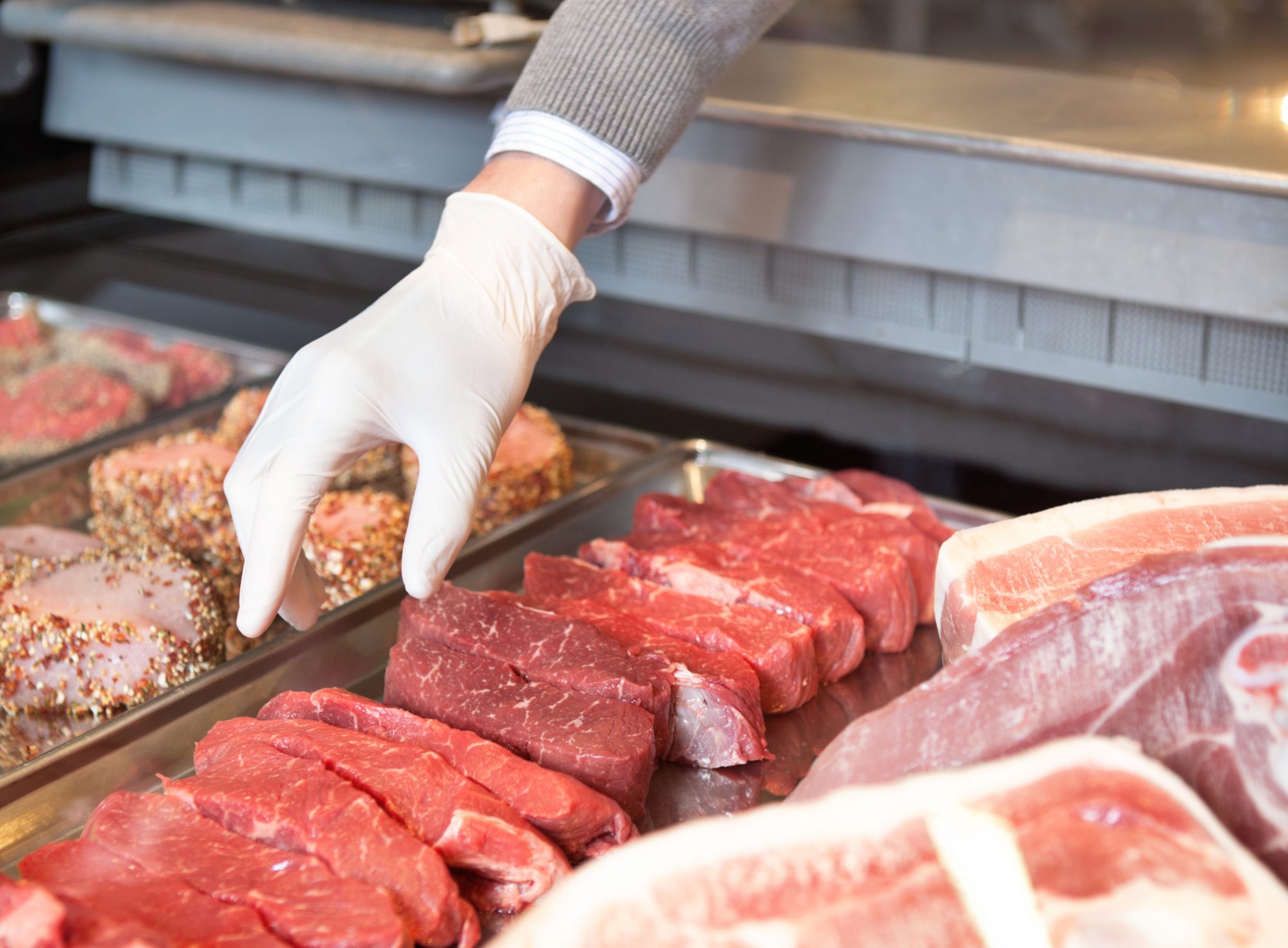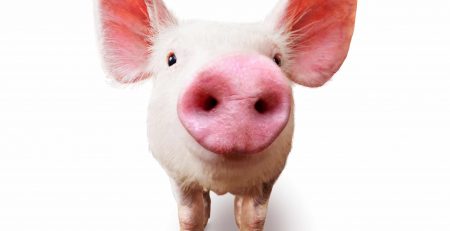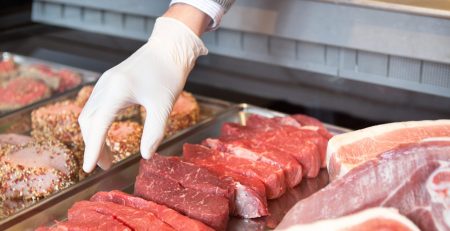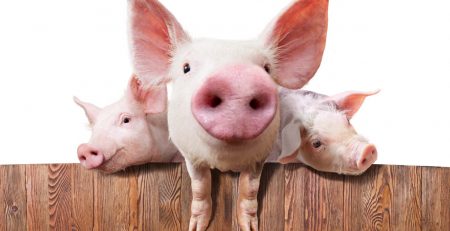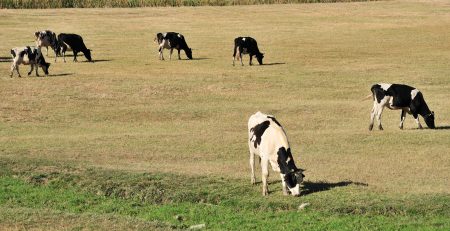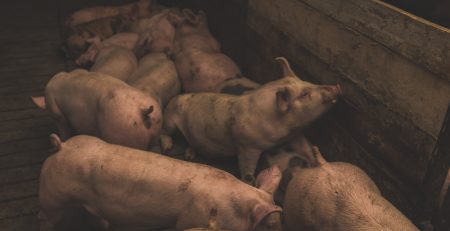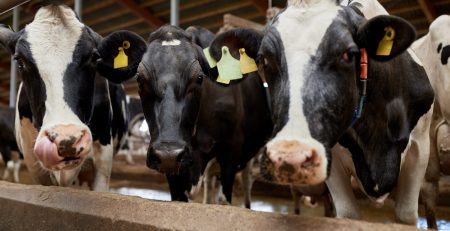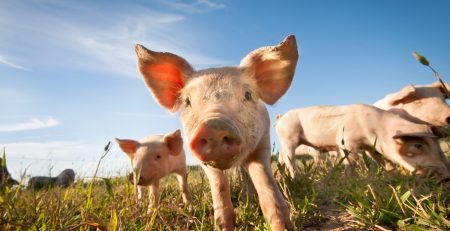Critics Respond to U.S. Roundtable for Sustainable Beef Framework
In a detailed letter to the U.S. Roundtable for Sustainable Beef (USRSB), critics claim the platform presented for review earlier this year fails to “address key structural issues related to sustainability and the most damaging impacts of the cow-calf and feedyard phases of production.”
Fifty organizations signed on to the letter, including the National Grassfed Organization, Earthjustice, the Sierra Club, GMO Free USA, Friends of the Earth, Food and Water Watch, several Catholic organizations, and the Organization for Competitive Markets.
The letter states the USRSB platform “will not help the U.S. beef sector — either individual producers or the entire industry — realize its great potential to minimize the severe environmental, climate, public health, animal welfare and other impacts of poorly managed cow-calf and feedyard operations.”
The framework is a set of resources, developed over more than three years, to help the supply chain from ranchers to retailers continuously improve the sustainability of U.S. beef. The comment period ended July 1.
According to the USRSB, the framework highlights key areas important to the sustainability of beef and examines unique opportunities for each segment of the beef value-chain to identify opportunities to improve and reflect on their individual progress. Most importantly, the Framework is not a one-size-fits-all approach. It is designed to address the needs of the diverse beef communities who produce, buy and sell beef.
The key areas identified by the USRSB as being important to the sustainability of beef are referred to as High-Priority Indicators. These include: animal health and well-being, efficiency and yield, employee safety and well-being, land resources, water resources, and air and greenhouse gas emissions. Sustainability Metrics and Sustainability Assessment Guides serve as the segment-specific elements of the Framework tailored to address the unique challenges in the cow-calf, cattle auction market, feedyard, packer and processor, and retail and foodservice sectors.
However, the critics of the framework stated in the letter on June 27, 2018, “Most of these benefits are generated by well-managed grass-based and grass-finished livestock systems—yet the framework does not explicitly recognize, incentivize or otherwise support these far more sustainable grass-based and grass-finished systems.”
While supporting grass-based livestock systems, the critics also denounced what they described as USRSB’s “failure to address the consolidated structure of the U.S. beef marketplace, which depresses producer prices for conventional meat and keeps sustainable beef from being produced and reaching consumers.”
This article was first published on https://www.qtwebhostdemo.com.

